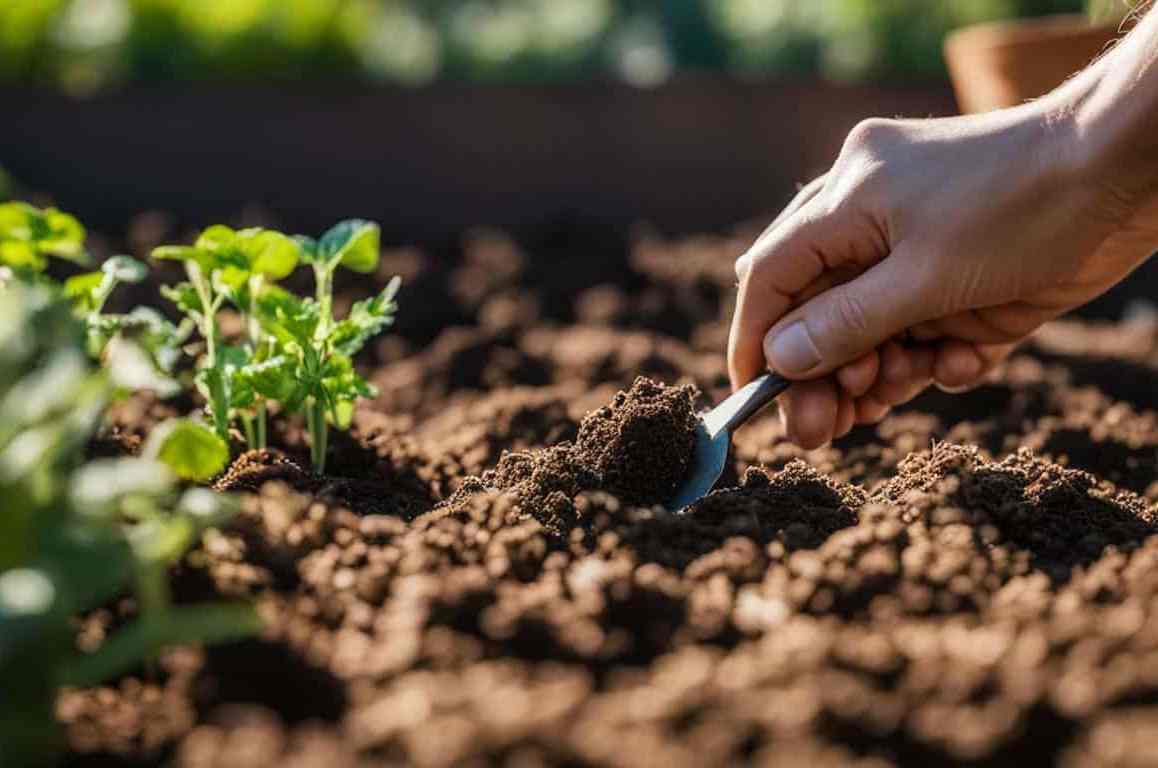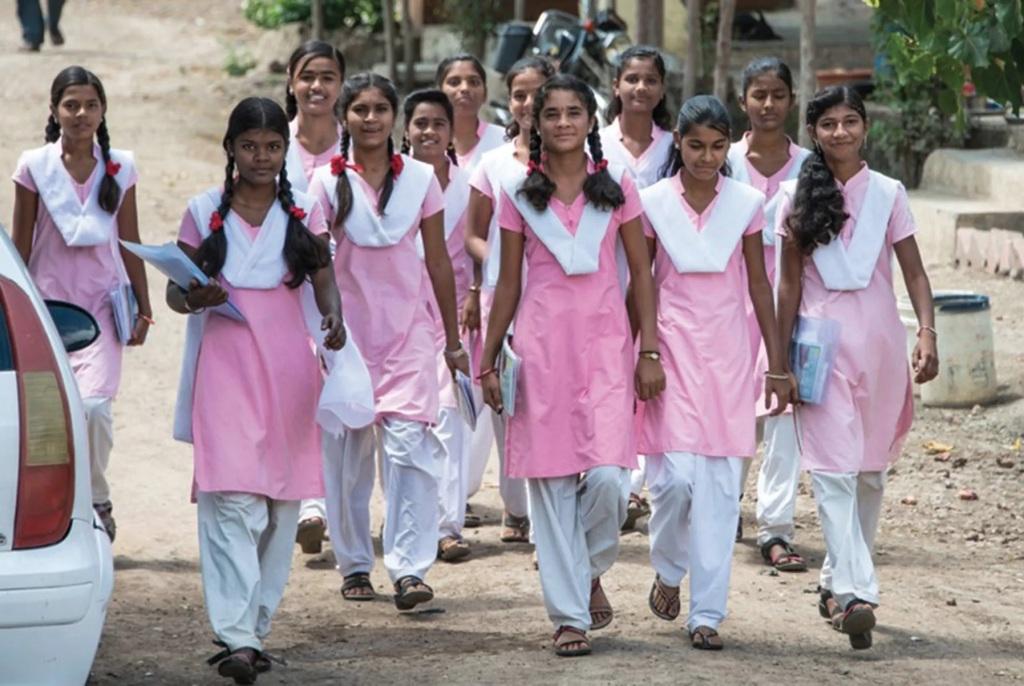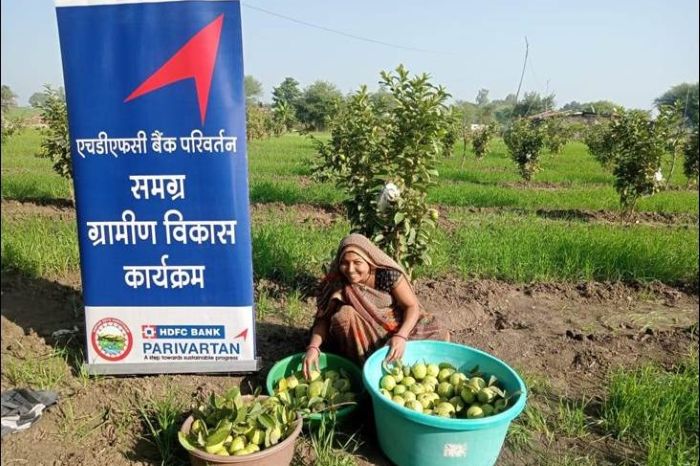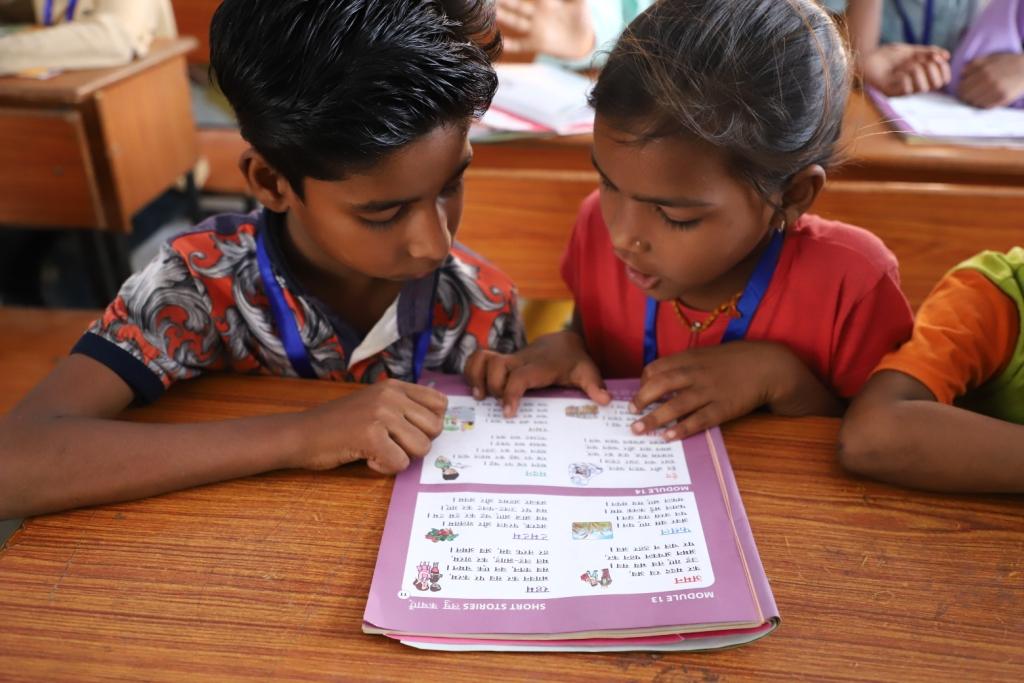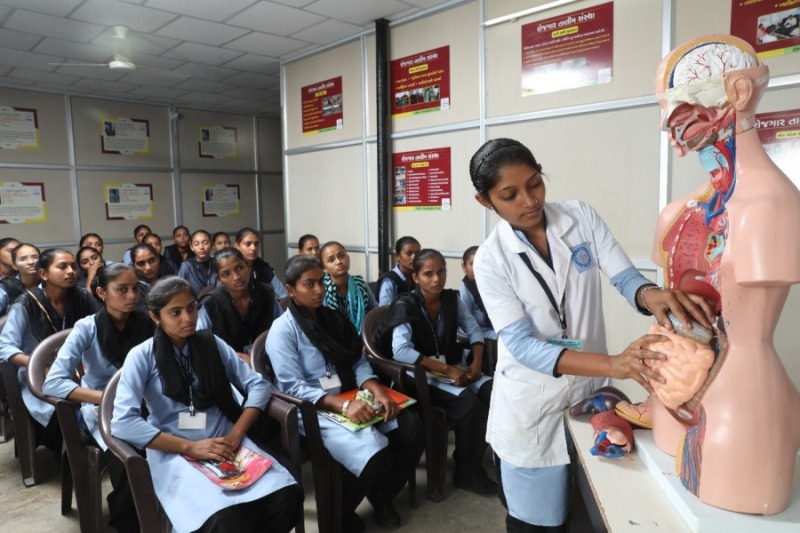Indian conglomerate ITC is known for its comprehensive sustainable agricultural initiatives. In this article, we get an overview of their practices that have been successful in conserving soil and improving soil health. These include promoting conservation agriculture, implementing crop residue management, utilizing green manuring techniques, and engaging in extensive water harvesting efforts. Additionally, their biodiversity conservation initiatives play a significant role in restoring and maintaining healthy ecosystems.
Read the full article to understand how ITC’s approach not only helps in mitigating climate change and boosting crop productivity but benefits rural communities:
Bringing Back Soil, The ITC Way
Land and soil are the foundations of life on Earth. Diverse ecosystems, from farmlands to forests, grasslands to peatlands, provide the essentials for human survival. However, these invaluable land and soil formations are being endangered by unsustainable production and consumption practices, driving the triple planetary crises of climate change, pollution, and biodiversity loss. This degradation disproportionately impacts rural communities, smallholder farmers, and the extremely poor, especially women. The ripple effects extend to all of us, affecting crop productivity, food inflation, and social inequality.
Our Land and Soil, Our Future
World Environment Day 2024 focuses on growing forests, reviving water resources, and restoring soils, aiming to prevent land and soil degradation. The slogan for this year’s World Environment Day: "Our land. Our future. We are #GenerationRestoration”, calls for the present generation to protect and rejuvenate these vital resources for those to come.
Soil is more than just the dirt beneath our feet. It is the habitat of 60% of all species and millions of microorganisms and is crucial for food security, as 95% of our food is directly or indirectly produced on it. Soil health is also critical as it acts as a carbon reservoir, mitigating climate change by reducing greenhouse gas emissions.
Managing, protecting and reclaiming the complex and dynamic ecosystem of soil demands a collaboration among diverse stakeholders including businesses, Governments, institutions and the civic society. ITC’s natural resource management and climate-smart agriculture initiativesexemplify this approach at scale.
A Nurturing Mindset Towards Healthy Soils
Indian conglomerate ITC has nurtured sustainable agricultural value chains in order to protect the environment and community livelihoods. ITC's 360-degree approach to soil health involves year-round farm engagements keeping improvement of soil health and soil conservation as a focus through natural resource management and climate-smart regenerative agriculture.
ITC works for improving soil health through various initiatives that are specifically aimed at improving Soil Organic Carbon (SOC) percentage in soil. SOC is the bedrock for soil health as it improves soil structure and texture, promotes growth of microorganisms in soil, and increases nutrient intake by crops and water holding capacity of soil.
An understanding of ITC’s various interventions for soil health improvement could become a model to follow in orchestrating a larger collaboration with the sustainability war cry of ‘Bring Back Our Soil’. Some of ITC’s on-ground actions and large-scale impacts in conserving soil health are highlighted as follows.
1. Conservation Agriculture - No-till Cultivation: ITC's Climate Smart Agriculture initiative promotes no-till practices, minimizing soil disturbance across seasons. Covering over 1 million acres for diverse crops like wheat, soybean, and paddy, this approach conserves moisture and boosts soil organic carbon by over 40%, whilst also saving nearly 2 lakh tons of greenhouse gas emissions
2. Crop Residue Management: ITC prevents stubble burning by enabling farmers to incorporate crop residues into the soil, thus enhancing soil organic carbon and also water holding capacity. This initiative whilst preventing stubble burning on 2.3 lakh acresand preventing 1.8 lakh tons of CO2 emissions, has also added 4.5 lakh tons of biomass to the soil.
3. Green Manuring: This includes measures such as tank silt application, composting, and green manuring to improve soil health. With 84 lakh tons of tank silt applied and over 6,100 compost units promoted, these initiatives enhance soil organic carbon with silt containing upto 4.8% organic carbon and improve soil structure and texture.
4. Water Harvesting: ITC's soil and moisture conservation efforts include rainwater harvesting and water resource development. Over 4,100 structures have been created, achieving 54.26 million cubic meters of rainwater harvesting potential and improving groundwater levels by up to 68%. Water-efficient practices, including no-till, have potentially saved 1,090 million cubic meters of water annually across over 15 crop value chains, reducing water usage by up to 50%.
5. Biodiversity Conservation: ITC's biodiversity conservation and multi-species tree plantation initiatives restore and conserve soil. By restoring 4.6 lakh acres of commons and planting 11 lakh acres with multi-species trees, ITC alleviates pressure on forests and enhances flora diversity. This effort has also improved the Healthy Shannon Index, a tool that helps scientists measure the richness of microbes in a sample,and also achieved carbon sequestration of close to 6 million tons per annum.
Community Benefits: ITC's soil conservation initiatives have significantly benefited rural communities. Climate-smart agricultural practices including those under climate smart village interventions covering 28 lakh acres and over 15 crops have enabled multi-cropping throughout the year improvingfarm incomes by up to 93%, benefiting 1 million farmers, including 0.2 million women. The water stewardship interventionshave increased net irrigated areas by upto70% and reduced rain-fed land by over 45%. ITC’s biodiversity conservation efforts have provided communities with almost 1 ton of fodder and 0.5 tons of fuelwood per acre per annum and thus reducing their dependency on forests. Tree plantations on 11 lakh acres have resulted in an additional income of around Rs. 1 lakh per acre once every 4 years.
Disclaimer: The information contained in this article is courtesy of ITC.




